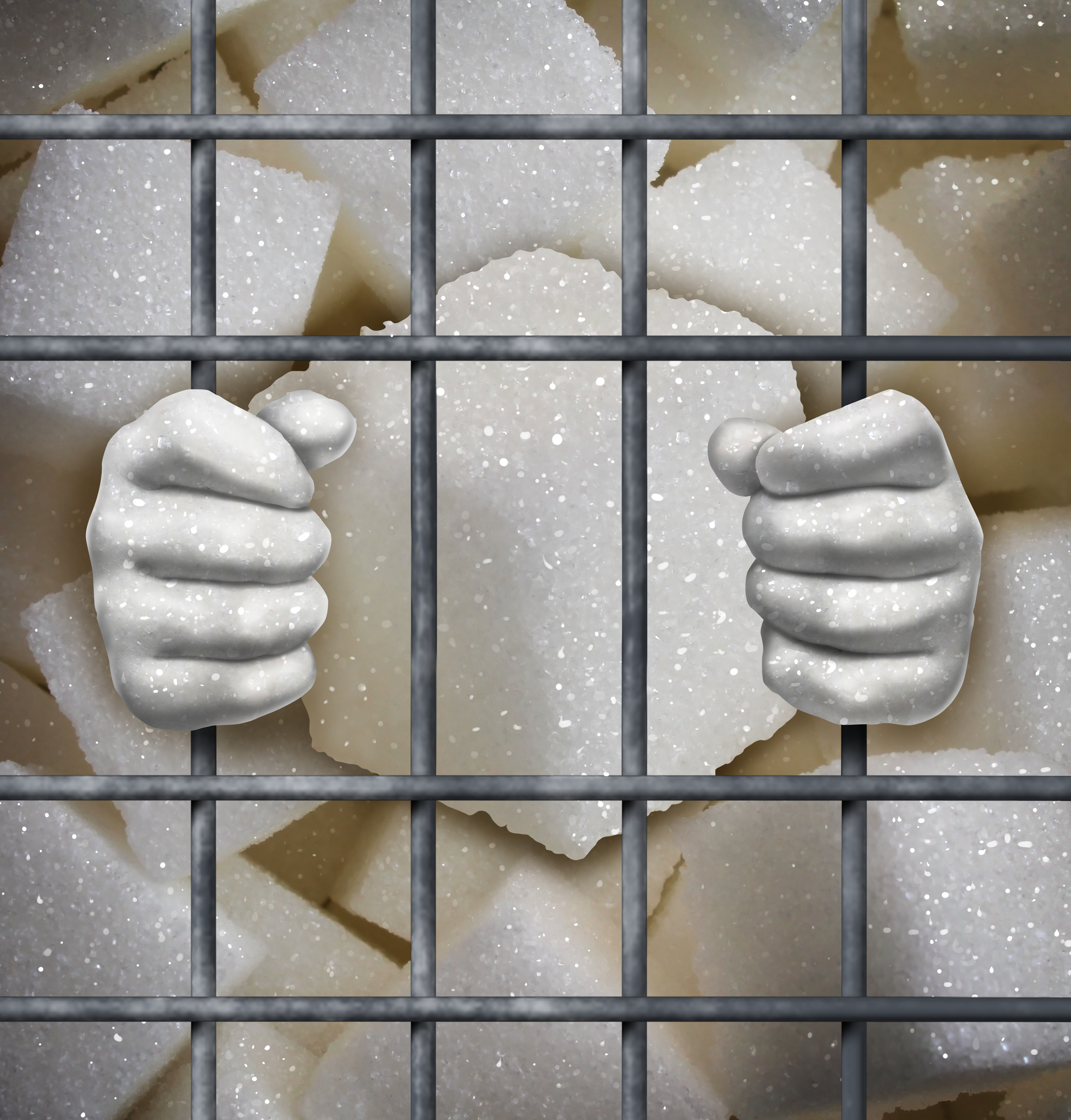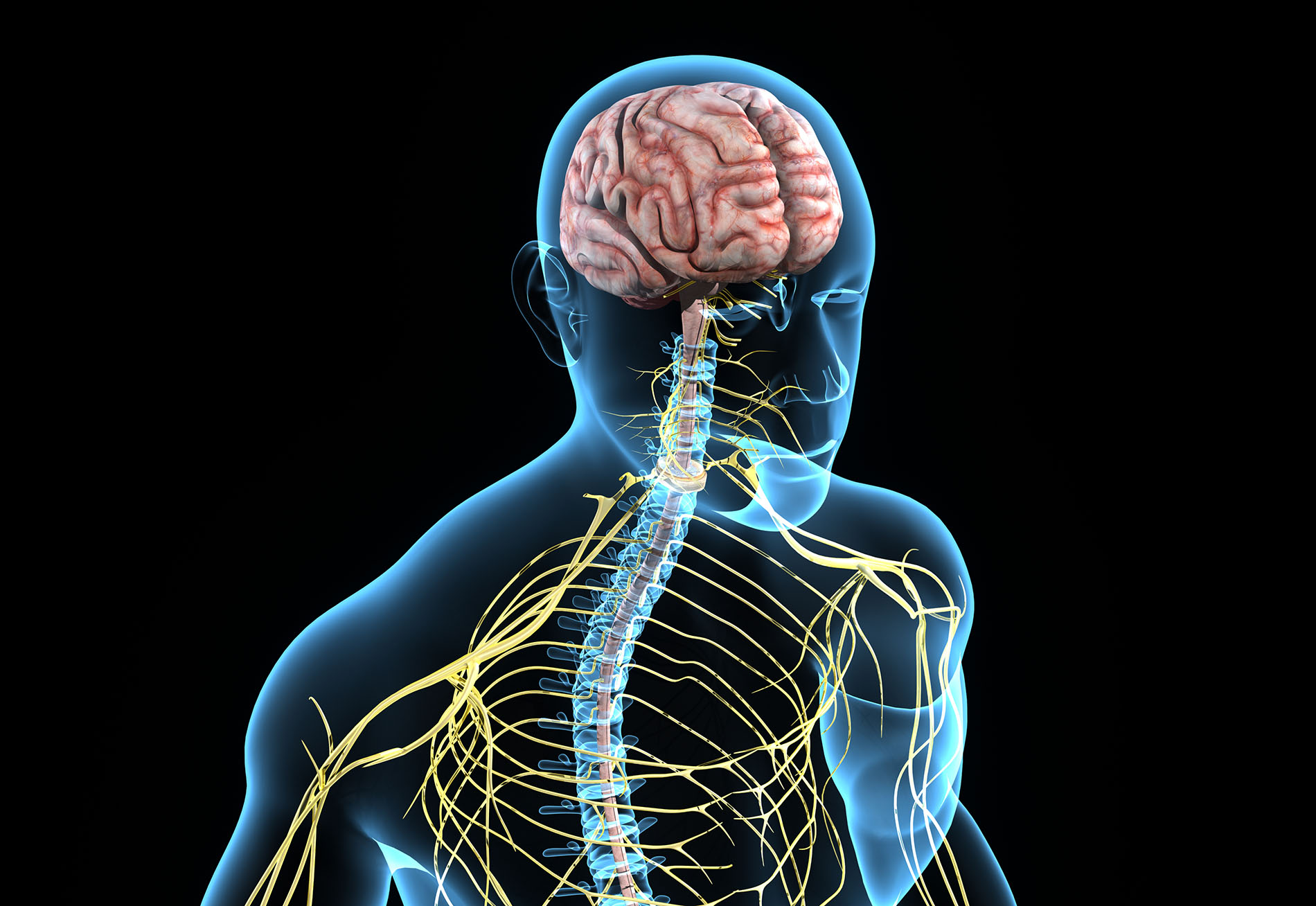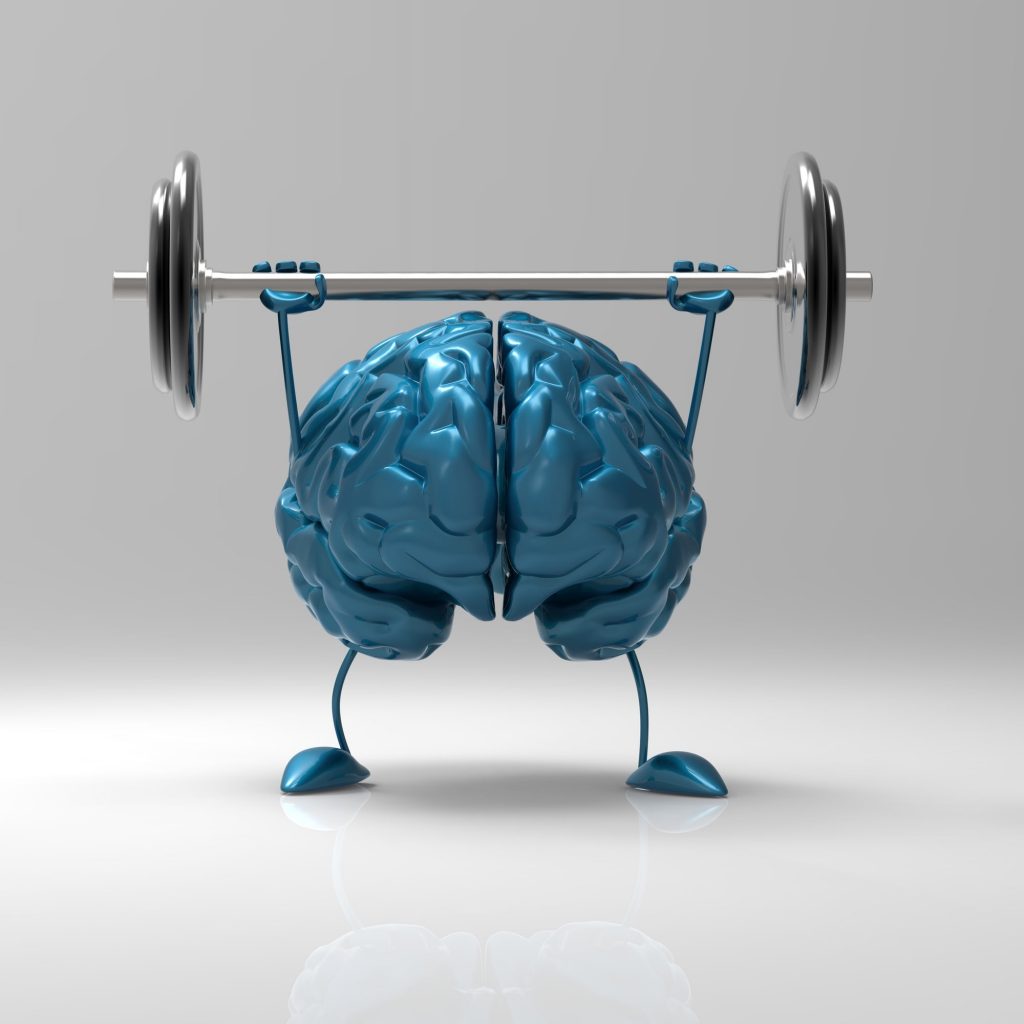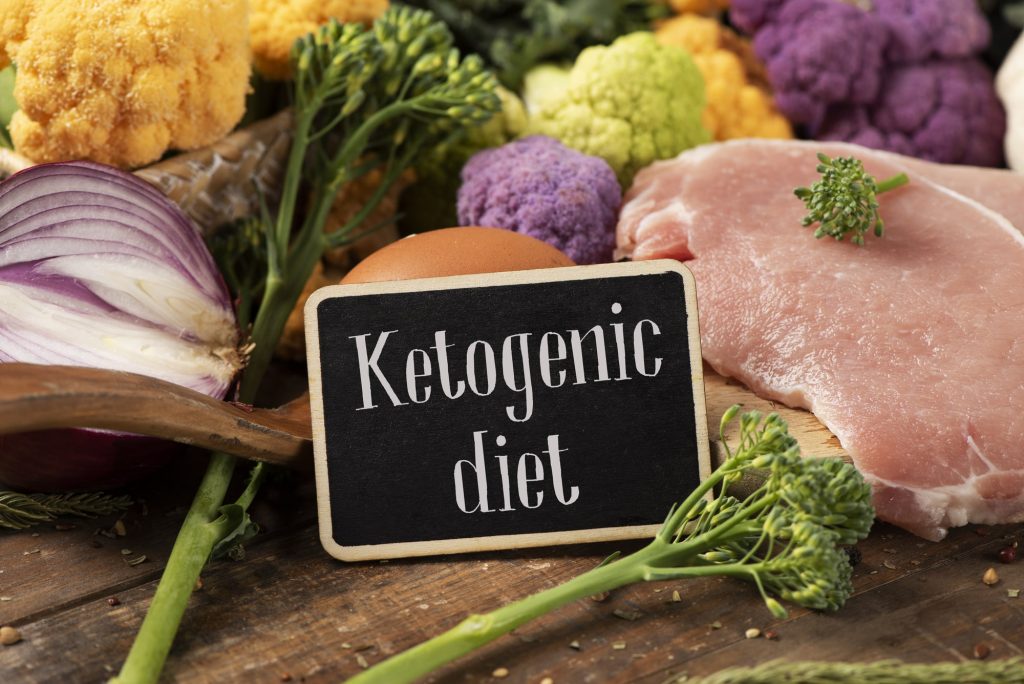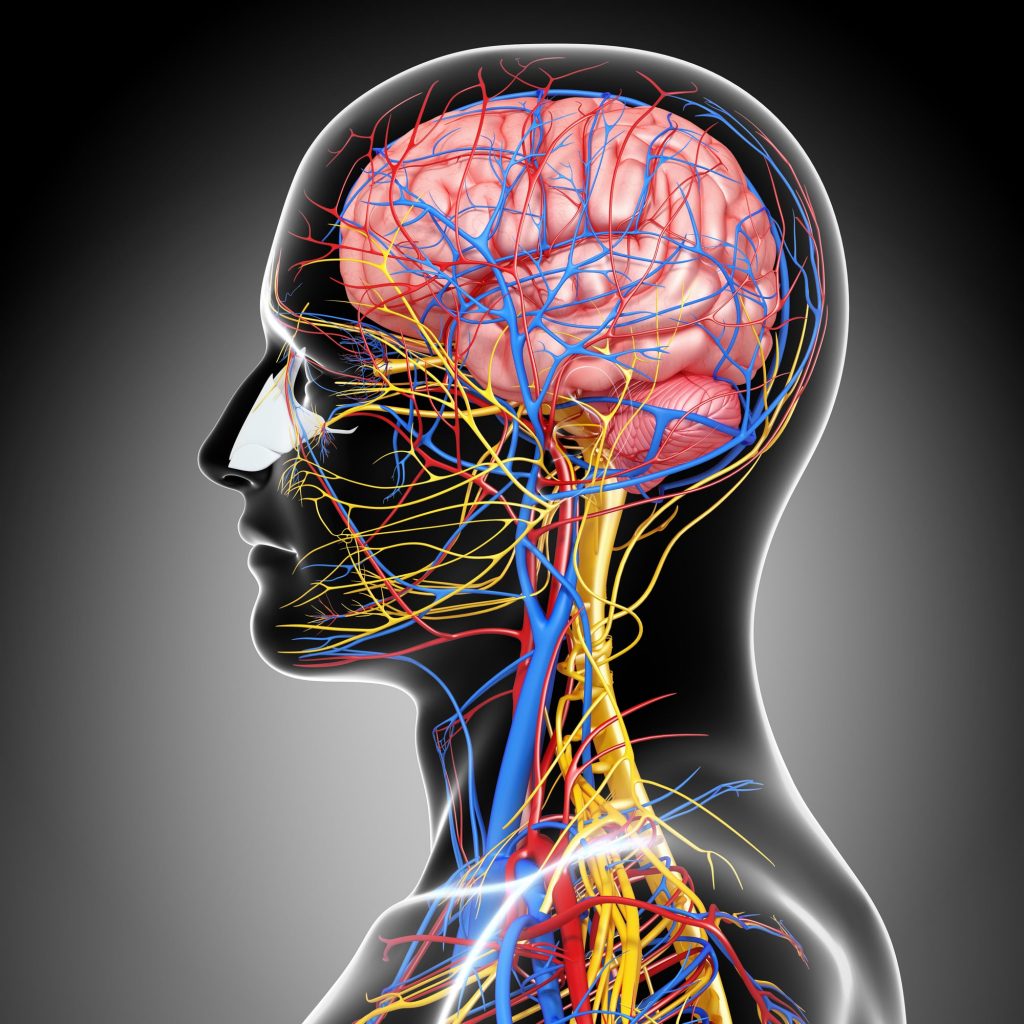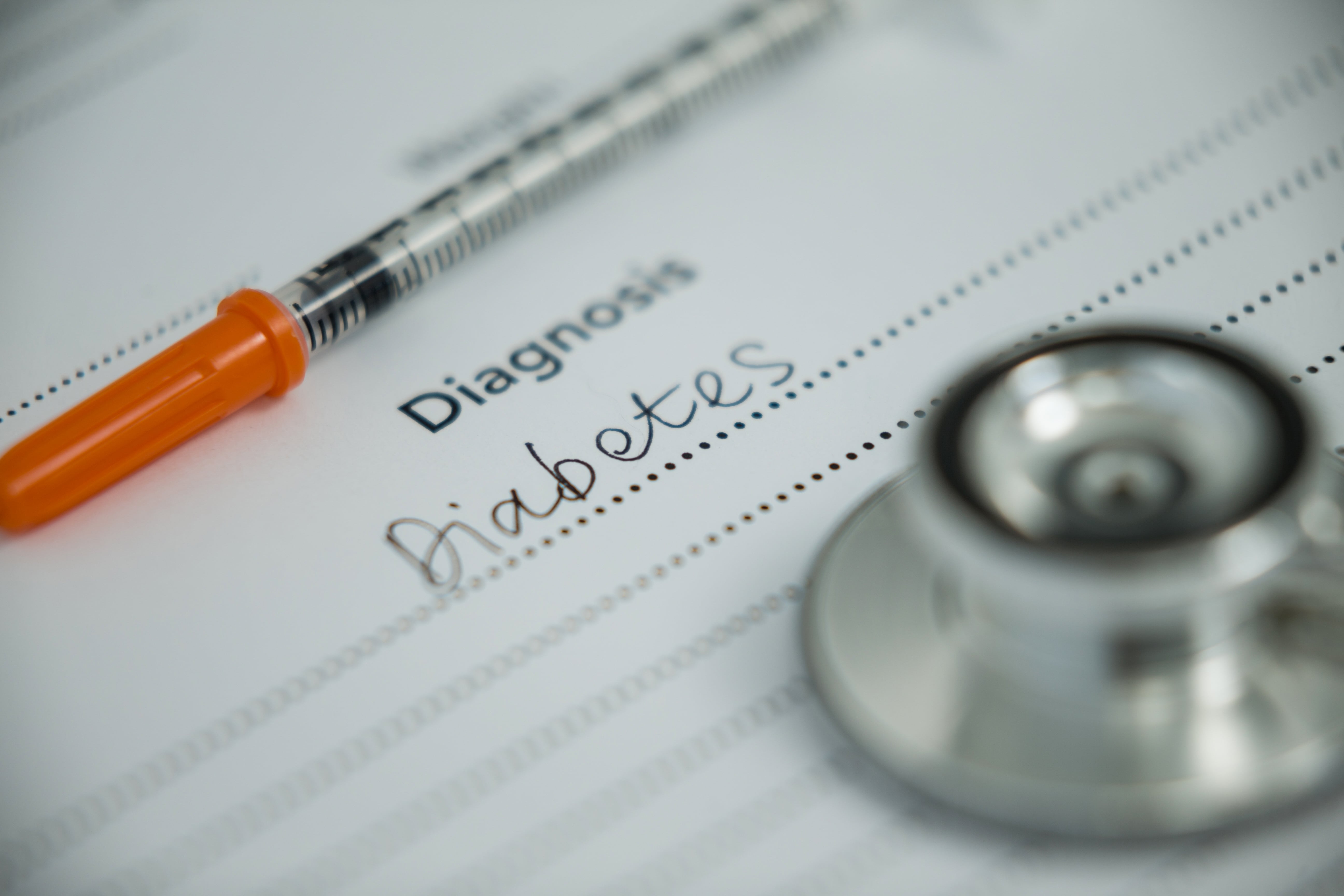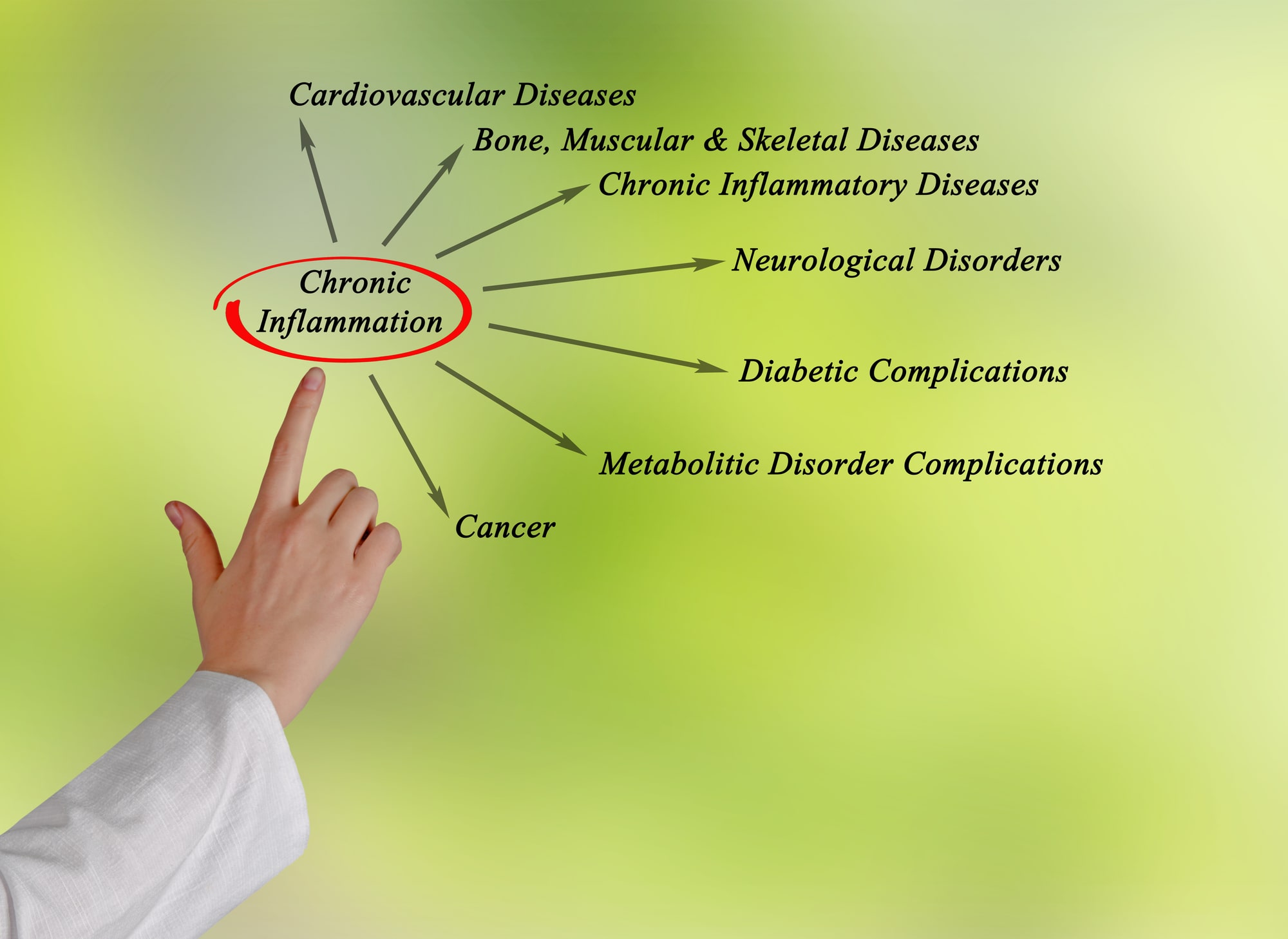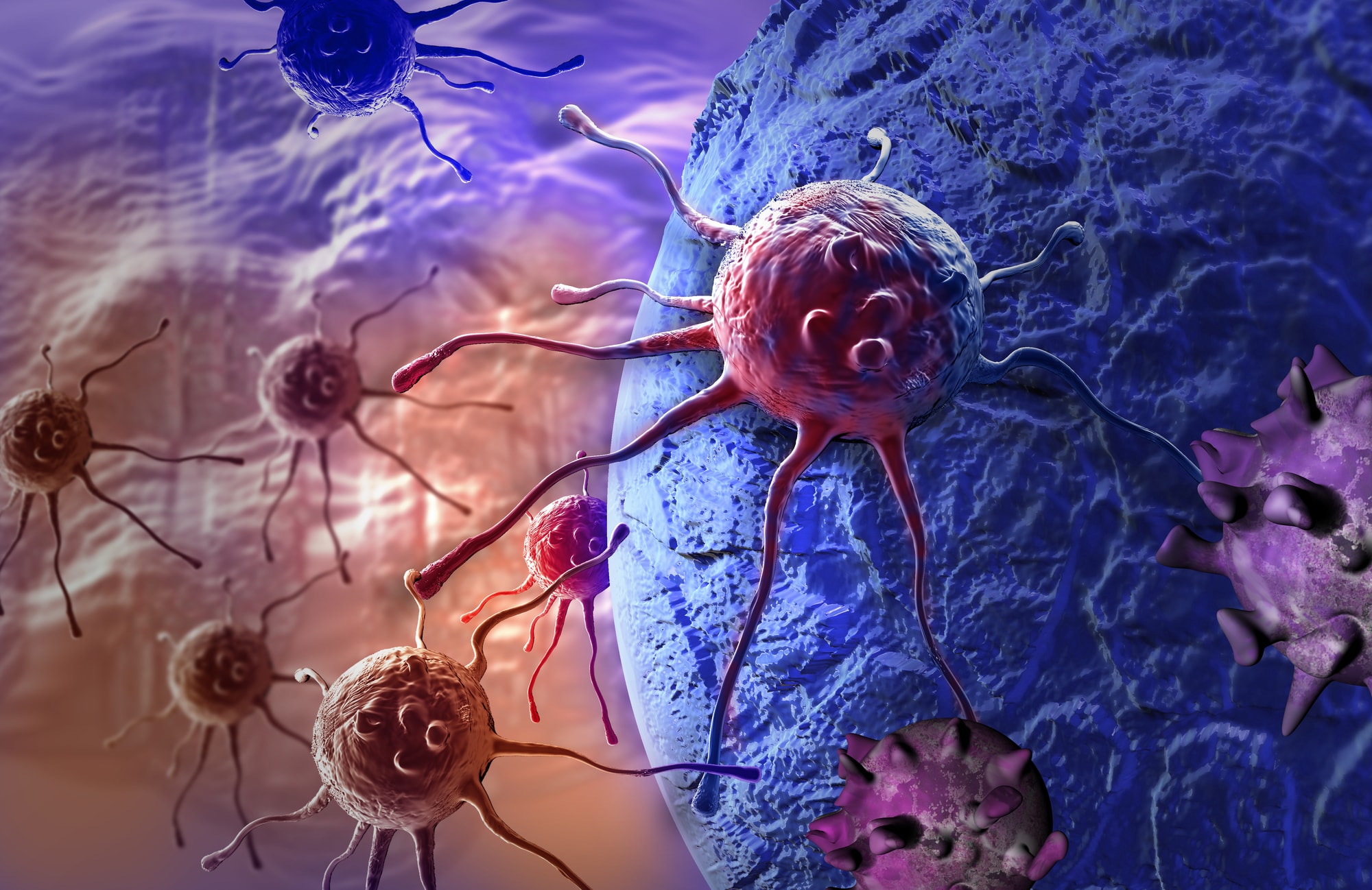Our medical review team will ensure the following criteria is met:
1. Is it original writing? Does the article contain significant portions of plagiarized materials?
2. Are the main concepts well and clearly defined?
3. Are the articles central tenets backed by adequate evidence?
4. Are there any gaps or inconsistencies?
5. Is the writing clear and easy to understand?
6. Does it advance knowledge?[/mpc_icon_column]
Suffering with Fibromyalgia or symptoms of Fibromyalgia? This article will concentrate on what may be the hidden cause of your Fibromyalgia diagnosis and how to heal. So, first off, do you know what fibromyalgia is?
Well, The Mayo Clinic describes it as: “A disorder characterized by widespread musculoskeletal pain accompanied by fatigue, sleep, memory and mood issues.” 1
Because its symptoms can be attributed to other diseases or illnesses, it has been difficult to pin down root causes.
“Symptoms sometimes begin after a physical trauma, surgery, infection or significant
psychological stress. In other cases, symptoms gradually accumulate over time with no single triggering event.” 1
When You Receive A Fibromyalgia Diagnosis
There are medications that have been shown to help. Also the usual prescription of;
- Exercise
- Relaxation
- Stress reduction
All of which are part of the standard of care for pretty much everything, actually.
Saying a disease or condition is caused by;
- Genetics
- Infections
- Physical trauma
- Emotional trauma
Thus, this leaves the person dealing with the disease/illness with no concrete way of preventing it. So, getting into the causes here would be counterproductive. ALso, it would appear that being alive is the source of 99.9% of the problem.
So consider this. First, what do we know about a fibromyalgia diagnosis that can help us if we do get it? Furthermore, what if we want to prevent it? Lastly, what means do we have at our disposal?
We start with our lifestyle and food choices.

Managing Fibromyalgia With Lifestyle & Diet
What if our choice to eat highly processed refined sugars and processed foods was a trigger for fibromyalgia? Or if insulin resistance (caused by years of too much refined sugars/sugar intake) was the cause of fibromyalgia?
“… it did show a high association between fibromyalgia and co-existent insulin. The study then went on to show those treated with metformin, a drug that can improve insulin sensitivity, had improved fibromyalgia symptoms.”
Dr. Bret Scher 2, 3
If you bump your toe and it swells, it hurts. Acute inflammation from your bumped toe is accompanied by pain. Sugar causes inflammation. If you have areas of your body that are in repair mode and sugar increases the normally expected inflammation around those areas, that can lead to pain.
Our muscles are always in a state of breakdown and repair. If you work out, you know that you are tearing your muscles and they are getting rebuilt (hopefully bigger and stronger, or why work out, right?).
Sugar The Bitter Truth
If the regular inflammation accompanied by regular muscle repair is supercharged due to the inflammatory response from sugar, is it no wonder that we have muscle pain all over?
This is me conclusion based on my knowledge of the effects of a highly refined sugar diet. But I am not out in left field especially when it comes to your Fibromyalgia diagnosis .
I consulted my friend Dr. Adam Nally, a board-certified family physician and obesity
medicine specialist. He uses keto extensively in his practice and our 100% naturally fermented drinkable ketones. 4 He is also the author of, ‘The Keto Cure’.
“What I see clinically is at least a 50% improvement in overall general pain in fibromyalgia when a person is using a ketogenic lifestyle because of the inflammatory improvement that occurs.”
Dr. Adam Nally, Keto Talk episode 61
There are many diseases and illnesses that have until recently been considered rare or of little interest to the medical field. All because they occur so infrequently. Even diabetes was rare! So. we must begin to look at all the recent increases of illnesses and ask why they are now so prevalent.
A growing body of evidence has linked our excessive intake of refined sugars and processed foods (full of refined sugars) as the culprit. This leads to hormone imbalances in the body, specifically insulin and the toll it is taking on our general health.
“Only a few decades ago, fibromyalgia (and its predecessor fibrositis) was of little interest or concern to either physicians or the general public.” 6
Keto Diet And Fibromyalgia Diagnosis
Research on how a ketogenic lifestyle, low-carb and strict keto is ongoing by mainstream science as well as by Pruvit (the maker of the ketones I drink every day).
Through scientific study and anecdotal evidence, it is clear that getting our bodies back to the lower sugar intake of our grandparents generation in addition to eating a whole foods diet rich in vital nutrients is the way for us to reverse the trend toward being fat, sick and tired.
As Dr. Wolfe says in his book Healthy to 100;
“Fibromyalgia: Fibro mean fiber, My means muscle, Algia means pain. This is a pain that moves throughout the body due to inflammation created by a toxic lifestyle”
So let’s get rid of our toxic lifestyle. Drink ketones or create ketones. Eat healthy fats, doing the keto diet or intermittent fasting. All in order to take care of the inflammation that we can’t control.
He has been a publisher for many years and enjoys the challenge of taking the traditional book industry into the digital age. With the internationally bestselling books of David W. Barber as his publishing company’s cornerstone, they are always looking for passionate authors in any genre who feel their work is worth putting into international distribution.
——————————————
He is also a computer consultant focusing on small business, with a specialty in fashion companies.
And Lastly, he is a believer in the ketogenic diet and a distributor of KETO//OS, an exogenous ketone supplement. Ketones are the body’s 4th element after carbohydrates, fat and protein. They have incredible healing effects on the body and now you can take them exogenously instead of waiting for your body to generate them.
Check it out for yourself: www.ketojack.com

